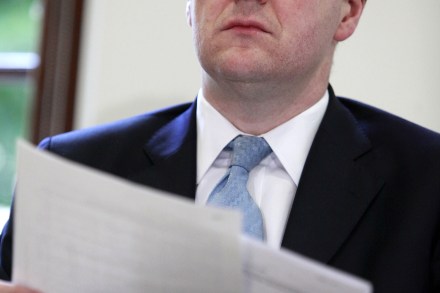Osborne can go even further on middle-class benefits
George Osborne had been expected to subject child benefits to tax. Instead he is to abolish them entirely for higher-rate taxpayers. I’ve spent this morning talking to friends, whose judgment I respect, who are furious about Cameron hitting the squeezed middle. I cannot agree, and here’s why. We are not talking about the “squeezed middle” here – of the 30.5 million income tax payers in Britain, just 3 million pay the top rate of tax (figures here). They’re the best-paid 10 percent – and I have never worked out why the tax of the average worker (who’s on £22k) should be higher to afford the payment to those on twice




















